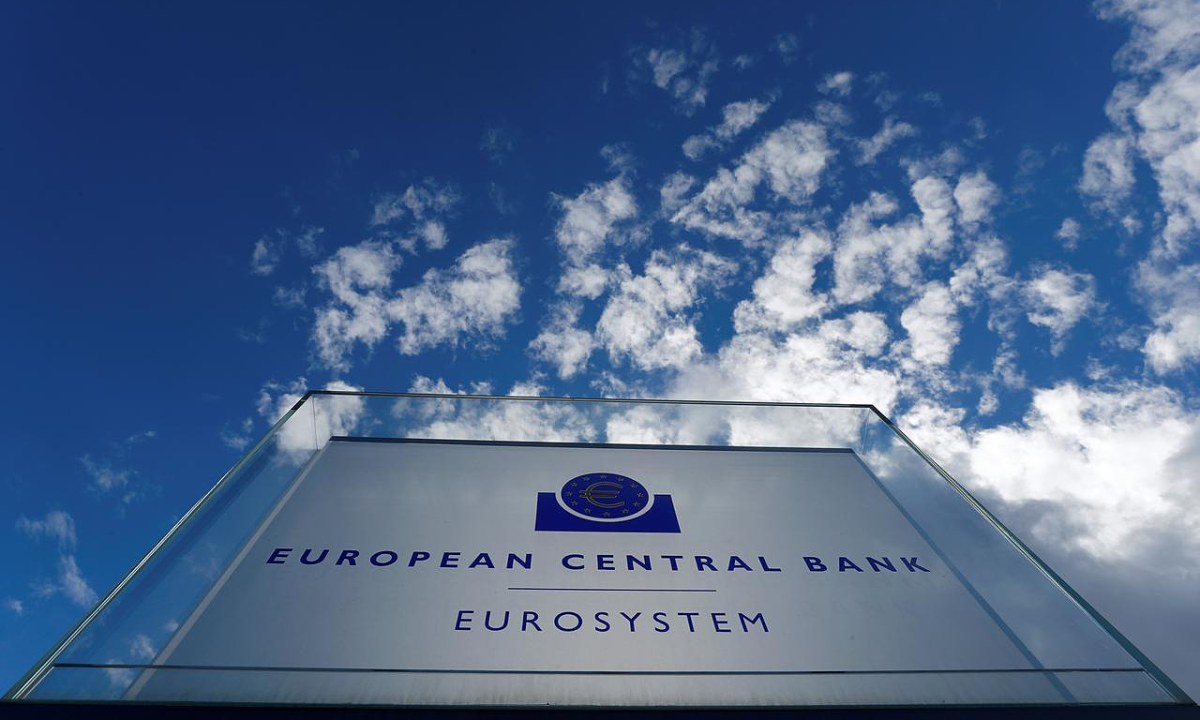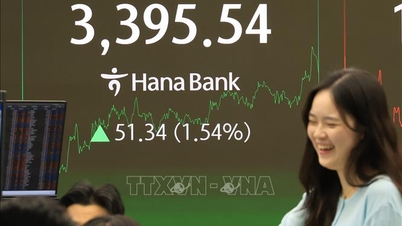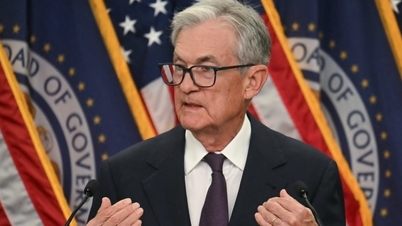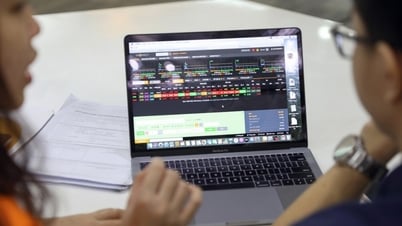
The ECB is considering cutting interest rates amid the economic slowdown, but is stuck as the Fed is unlikely to be able to lower USD interest rates soon.
The European Central Bank (ECB) on April 11 kept interest rates at 4%, where they have been since September last year.
The economy is barely growing and inflation is close to target, prompting the ECB to consider cutting interest rates at its next meeting. The central bank of the 20 countries that share the euro said it would cut rates if data reinforced its belief that inflation is falling back to its target on a sustainable basis.
ECB policymakers, including those in favor of a higher interest rate environment, also agreed to cut interest rates at their upcoming meeting on June 6, provided key indicators such as wage growth and core inflation remain moderate.
However, this roadmap of the ECB has become more complicated than expected. The US Federal Reserve (Fed) may postpone the time of adjusting policy until September due to the US inflation rising 3.5%, putting the ECB in a difficult position.
Investors forecast the Fed will only cut interest rates twice this year at most, despite previously forecasting three cuts.
Meanwhile, the ECB is facing a different economic landscape than the US. Inflation in Europe, while above the central bank’s 2% target, has been steadily cooling. Their headache is that the economy has been stagnant since late 2022.
Investors also dismissed expectations of rate cuts from other major central banks, cutting their forecast for the ECB’s chances of adjusting policy in June from 91% to 82%, according to Deutsche Bank.
ECB President Christine Lagarde has previously stressed that the ECB will still make changes if necessary, regardless of what the Fed does. However, economists say it's not that simple.
The Fed's policy moves have a major impact on the world economy, which is heavily dependent on the US dollar. That means the ECB can adjust, but with less downward momentum to ensure the euro-dollar interest rate differential remains reasonable.
Quynh Trang (according to Reuters, WSJ)
Source link




![[Photo] Binh Trieu 1 Bridge has been completed, raised by 1.1m, and will open to traffic at the end of November.](https://vphoto.vietnam.vn/thumb/1200x675/vietnam/resource/IMAGE/2025/10/2/a6549e2a3b5848a1ba76a1ded6141fae)


































































































Comment (0)